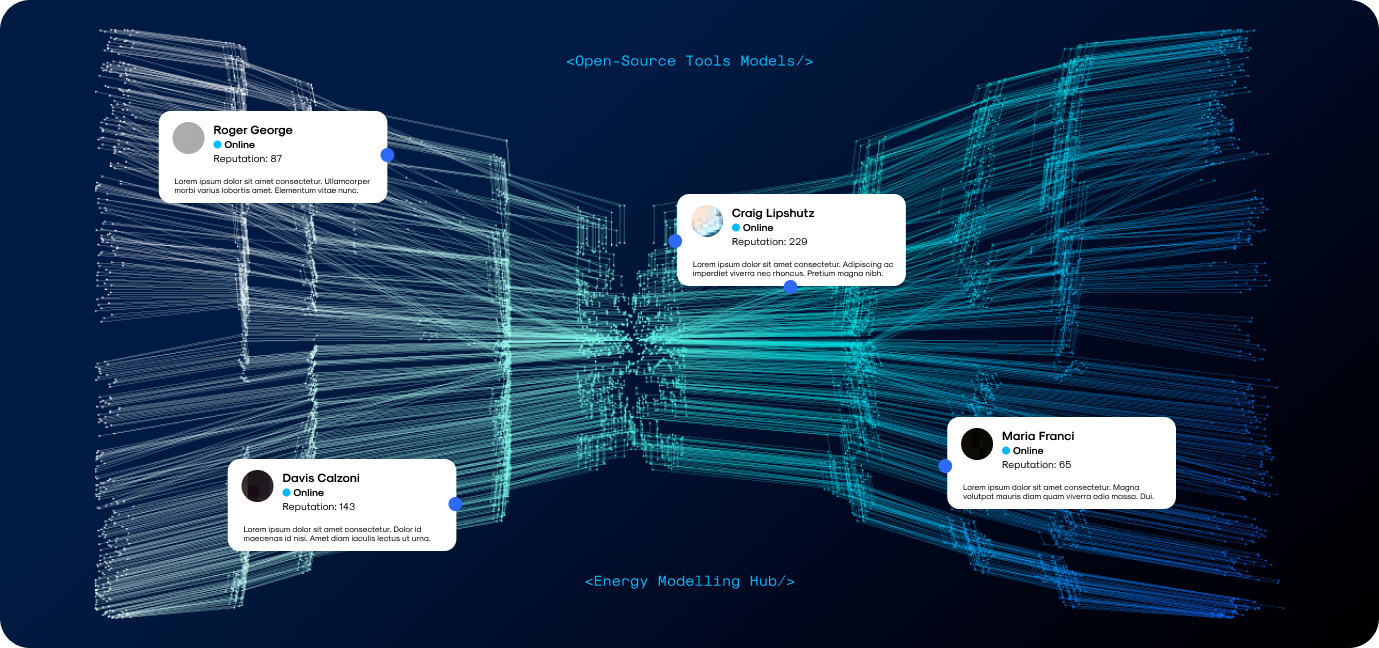The EMH was initiated by Natural Resources Canada which announced, on May 25th 2022, an investment of nearly $5 million for the Institut de l’énergie Trottier at Polytechnique Montréal and the partner organizations, the Institute for Integrated Energy Systems at University of Victoria and the School of Public Policy at University of Calgary, to establish the Energy Modelling Hub to help realize a decarbonized energy system for Canada.
The EMH was formerly known as the Energy Modelling Initiative.




